Azerbaijan-Belarus: Partnership not in words, but in deeds A course toward deeper cooperation
Azerbaijan and Belarus are steadily strengthening their strategic partnership. The Prime Minister of Belarus held an intensive round of talks in Baku, reaffirming the commitment to deepen multifaceted cooperation. Bilateral relations continue to gain momentum, covering an increasingly wide range of areas — from industrial cooperation to the reconstruction of the liberated territories.
A special partnership
On 5 May, the Belarusian delegation was welcomed at Heydar Aliyev International Airport with official honours. The guest from Minsk was greeted by Azerbaijan's Deputy Prime Minister Samir Sharifov, Deputy Foreign Minister Elnur Mammadov, and other high-ranking Azerbaijani officials.
Azerbaijani Prime Minister Ali Asadov held a meeting with his Belarusian counterpart, Alexander Turchin, first in a one-on-one format and then in an expanded session with both delegations.
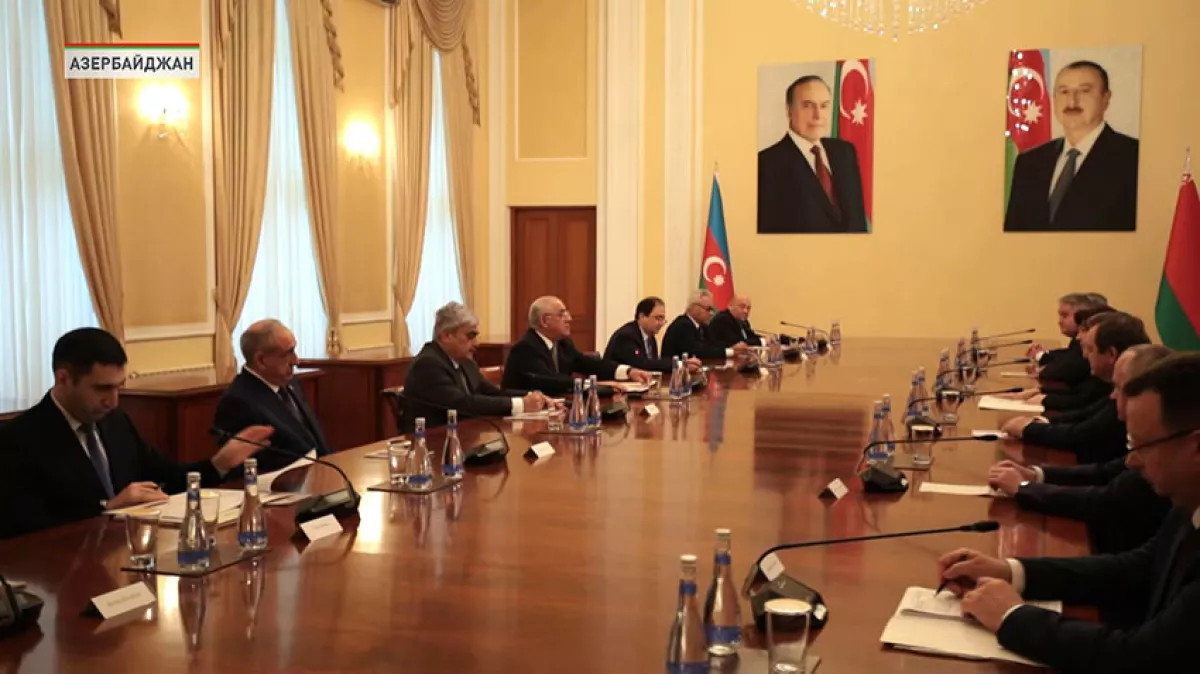
The two sides highly praised the current level of Azerbaijan–Belarus cooperation. Ali Asadov noted that interaction with Belarus is based on more than 170 signed documents. Cooperation spans agriculture, customs, tourism, and the development of small and medium-sized enterprises. At the same time, personal contacts between the leaders of the two states make a significant contribution to the deepening of bilateral relations.
In 2024, President of Belarus Alexander Lukashenko visited Azerbaijan twice. Meetings between Alexander Lukashenko and Ilham Aliyev also took place on international platforms in other countries.
The Prime Minister of Belarus noted that in 2024, trade turnover between Belarus and Azerbaijan grew significantly, and a strategic partnership has taken shape between the two countries.
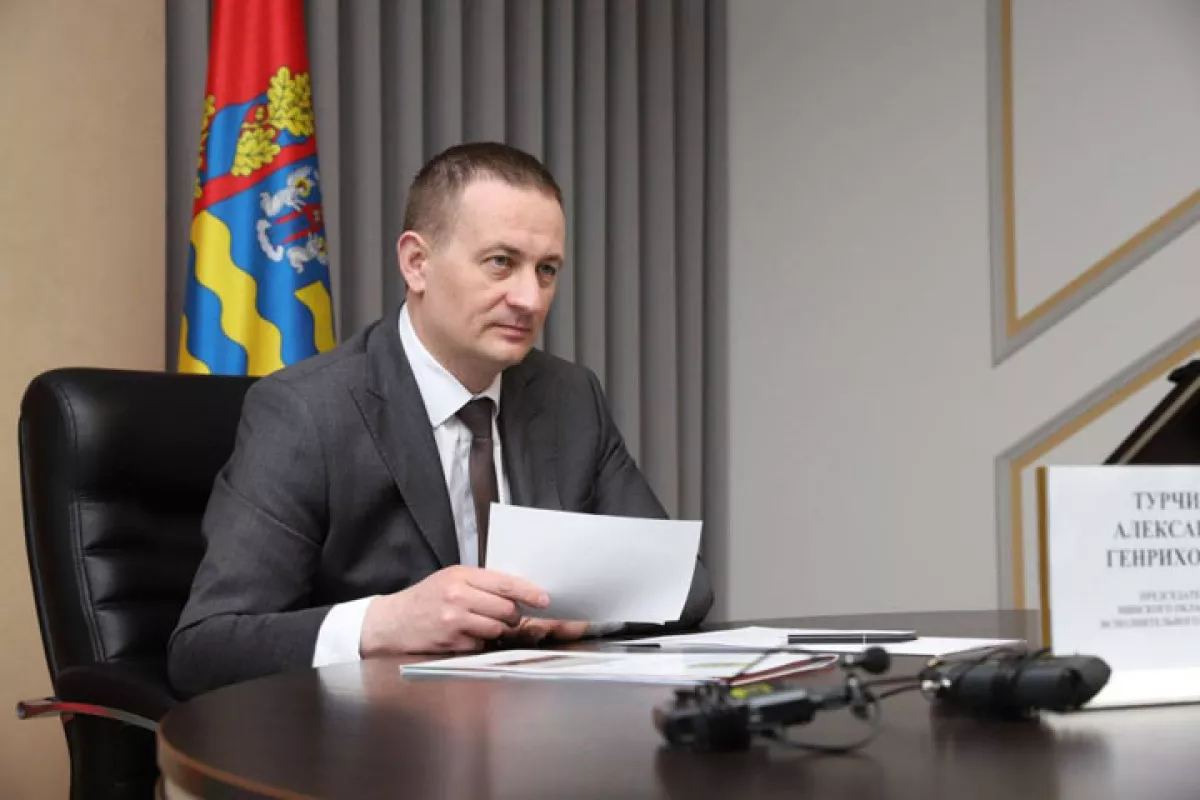
“Our partnership has stood the test of time, and the relationship between our two leaders is a vivid testament to that. The cornerstone of our relations is trade and economic cooperation,” said Alexander Turchin.
Today, on 6 May, President of Azerbaijan Ilham Aliyev received Prime Minister of Belarus Alexander Turchin. During the meeting, Ilham Aliyev emphasised that relations between Azerbaijan and Belarus are based on strong friendship and mutual trust. According to the President, the fact that one of Alexander Turchin’s first foreign visits as Prime Minister was to Azerbaijan speaks to the close partnership between the two countries.
The head of state highlighted the importance of further developing trade and economic ties between Azerbaijan and Belarus. During the conversation, views were exchanged on expanding economic cooperation. In this context, the significance of producing Belarusian automotive equipment at the Ganja Automobile Plant and establishing service centres for its maintenance in various regions of Azerbaijan was underscored.
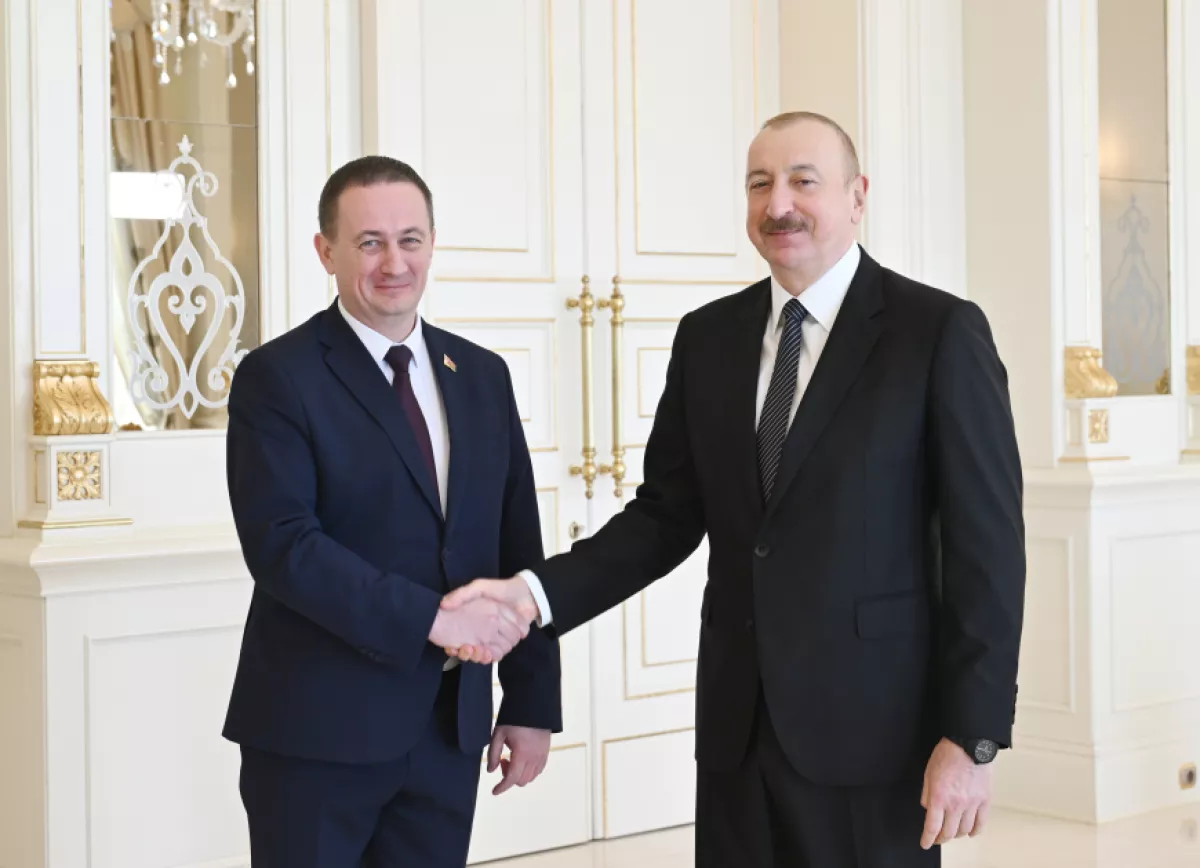
The two sides also discussed the organisation of joint production in Azerbaijan of elevator equipment, household appliances, and agricultural products — particularly in livestock and poultry farming. The participation of Belarusian companies in the reconstruction and development of the territories liberated from occupation in Azerbaijan was noted with satisfaction.
Indeed, Belarus–Azerbaijan relations have long taken on a special character. In June 2024, in Minsk, Ali Asadov and Belarusian Deputy Prime Minister Igor Petrishenko signed a Roadmap for cooperation between the two countries. Among the planned initiatives are the localisation of Belarusian machinery production in Azerbaijan and the establishment of a multibrand service centre.
The Roadmap also envisions joint production of pharmaceutical and veterinary products, as well as compound fertilisers using Azerbaijani nitrogen and Belarusian potash.
“Belarus will make a tangible contribution to the revival of Karabakh,” Igor Petrishenko said at the time.
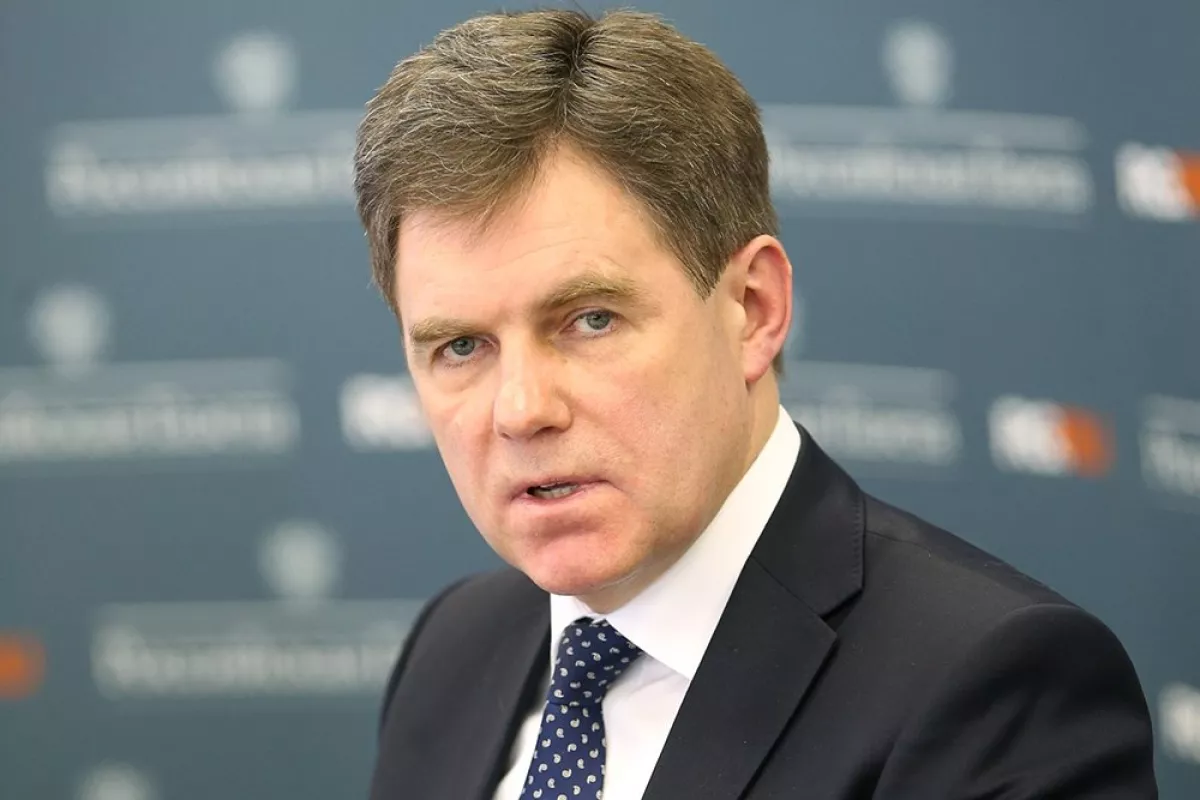
One of the projects included in the Roadmap is the construction of a modern agro-town in the Aghdam district, including an agricultural processing complex.
During the meeting between the heads of government, further steps to implement the provisions of the Roadmap were discussed. Alexander Turchin stated that representatives of Belarusian companies in the delegation are ready to propose new forms of cooperation.
This time, particular attention from the Belarusian side was devoted to the comprehensive restoration of the liberated territories of Karabakh — including housing construction and the development of production capacities.
One of the priorities identified by both sides was the further development of industrial cooperation. The Belarusian side expressed readiness to expand the range of products under existing agreements for the production of fire-fighting, utility, and specialised equipment.
Alexander Turchin thanked Azerbaijan for purchasing Belarusian products: “If the Prime Minister is buying it, that means it’s really good,” he said with a smile. “Products from Azerbaijan are also of the highest quality. I’ll be honest — I buy Azerbaijani tomatoes with enviable regularity. So we can say that the prime ministers give top marks to the quality of goods produced in our countries.”
The head of the Belarusian government also noted the presence of new areas for further development and proposed holding regular meetings at the level of prime ministers. He invited the next meeting to be held in Minsk. Ali Asadov has already visited Belarus twice in 2024.
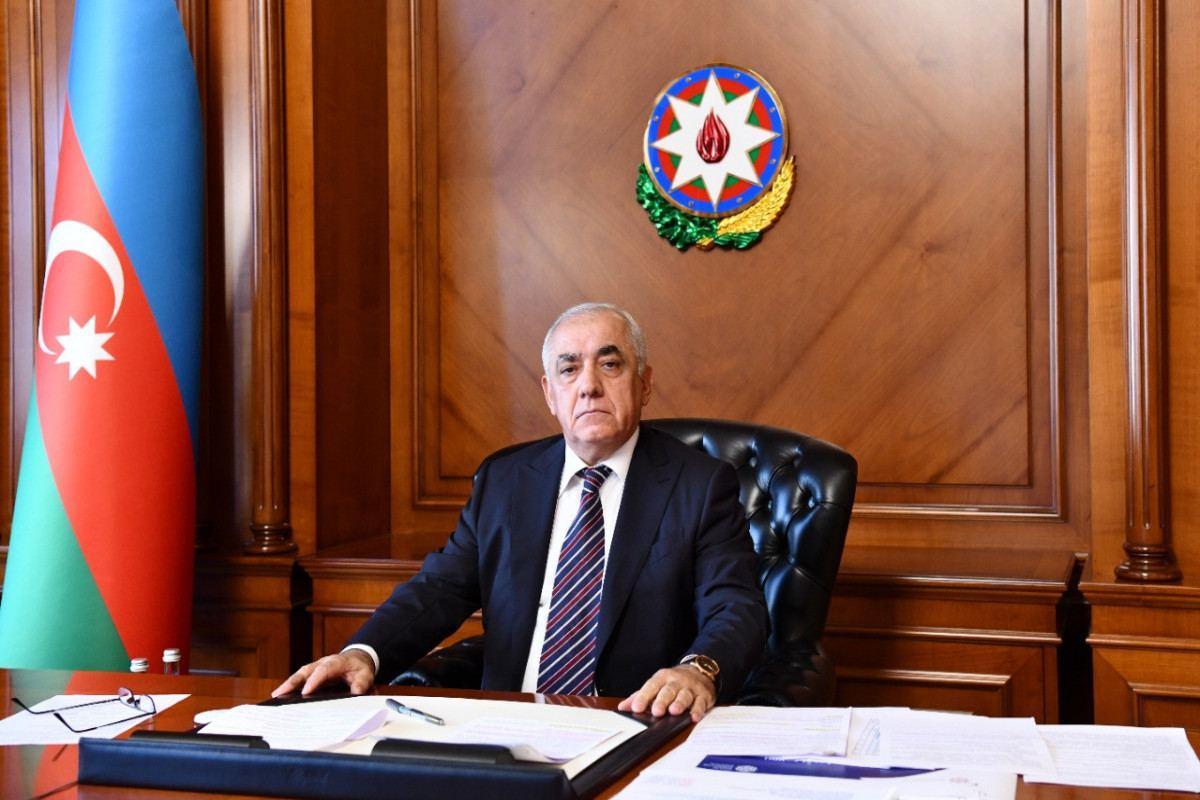
The Prime Minister of Azerbaijan, in turn, outlined the immediate priorities: “We are placing special emphasis on diversifying mutual trade and expanding investment cooperation. The Belarus–Azerbaijan Business Forum, during which a number of documents will be signed, is aimed at serving these goals.”
According to Ali Asadov, the foundation of economic cooperation lies in industrial collaboration — particularly the partnership between the Ganja Automobile Plant and leading Belarusian engineering enterprises.
A project to establish an elevator assembly plant has also been successfully implemented. Cooperation in the agricultural sector continues to develop, while the potential for mutual agricultural trade is still far from being fully realised.
The meeting concluded with the signing of several new documents. Among them were:
– a memorandum between the Ganja Automobile Plant and the Minsk Tractor Works (MTZ) on the development of cooperation and the supply of tractor equipment;
– a contract between these enterprises for the supply of utility vehicle kits;
– an action plan for 2025–2027 between the Ministry of Agriculture and Food of the Republic of Belarus and the Food Safety Agency of Azerbaijan;
– a memorandum of understanding between the Belarusian state-owned enterprise “National Centre for Electronic Services” and Azerbaijan’s Agency for Sustainable and Operational Social Security (DOST) under the Ministry of Labour and Social Protection;
– an action plan for 2025–2026 between the labour and social protection ministries of both countries.
Fruitful cooperation
The agreements previously signed between Minsk and Baku have not remained on paper — they are being actively implemented. As a result, in the first quarter of 2025, trade turnover between the two countries exceeded $101 million, while Azerbaijan’s exports to Belarus grew by 82%, reaching $17 million.
On 5 May, a new elevator assembly facility was also inaugurated in Azerbaijan in partnership with OJSC Mogilevliftmash. The Prime Minister of Belarus attended the opening ceremony.
The production site in Baku covers 1.2 hectares and includes two buildings — 500 and 1,800 square metres respectively. Some components are already being produced locally. There are plans to replace 200 elevators in Baku and another 60 in Aghdam. Models with a lifting capacity of 400 and 630 kg will be produced, with high-speed elevators (up to 3–4 m/s) to follow. The agreement to establish the assembly facility was signed in 2024 between Vertus Engineering Co LLC and OJSC Mogilevliftmash.
In addition, the Belarus–Azerbaijan Business Forum opened in Baku. Around 40 Belarusian companies participated, representing sectors such as construction, light industry, woodworking, agriculture, mechanical engineering, and others.
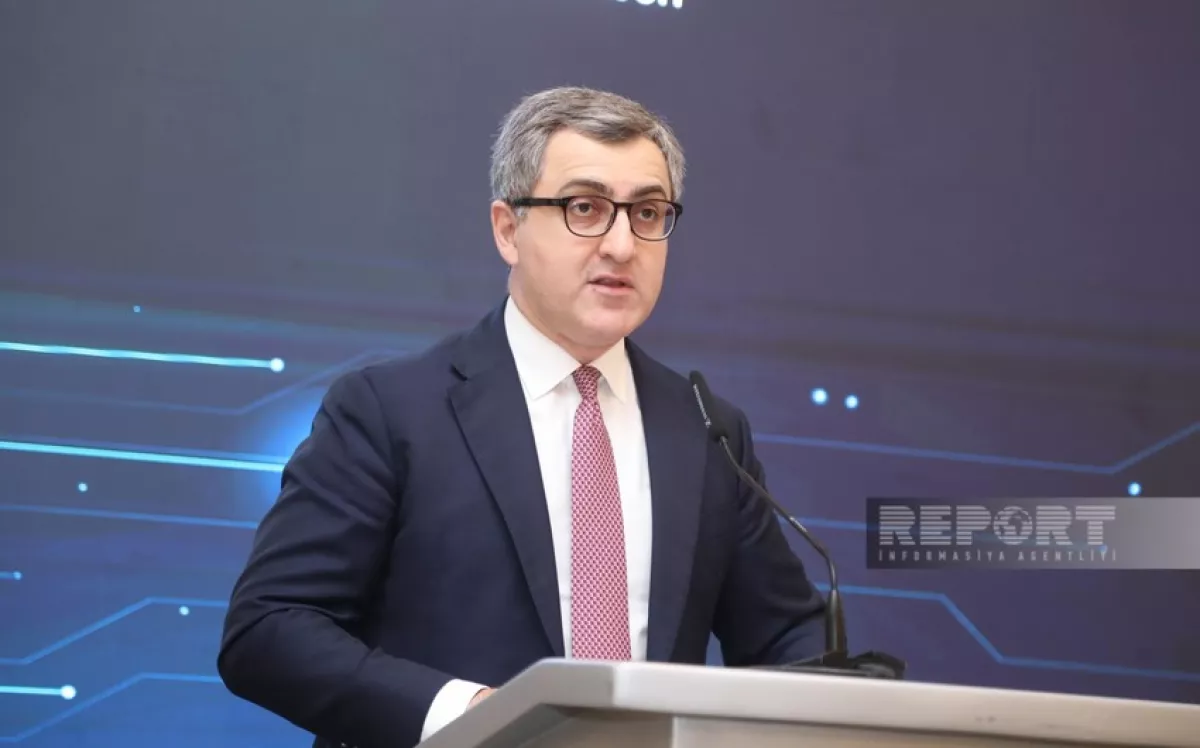
During the forum, Yusif Abdullayev, Executive Director of AZPROMO, stated: “It is gratifying that our exports to Belarus consist entirely of non-hydrocarbon products.”
He also noted that the Azerbaijan Trade House in Minsk is operating successfully. Since 2007, more than 14,000 Belarus tractors and over 3,000 trucks have been produced at the Ganja Automobile Plant. One of the latest developments includes the production of specialised firefighting vehicles.
Abdullayev added that the establishment of joint livestock complexes is being considered in the Beylagan, Sheki, and Gobustan districts. Plans also include the production of blended mineral fertilisers. As part of the reconstruction of the liberated territories, the Belarusian side is implementing the concept of “smart” agro-towns, including the supply of wooden houses and fuel pellets. A trial batch of wooden-frame kits has already been delivered to the Aghdam district.
Azerbaijan and Belarus, having firmly chosen the path of sovereign and independent development, continue to walk it together—genuinely supporting each other through its sometimes difficult turns, on mutually beneficial and simply friendly terms.








